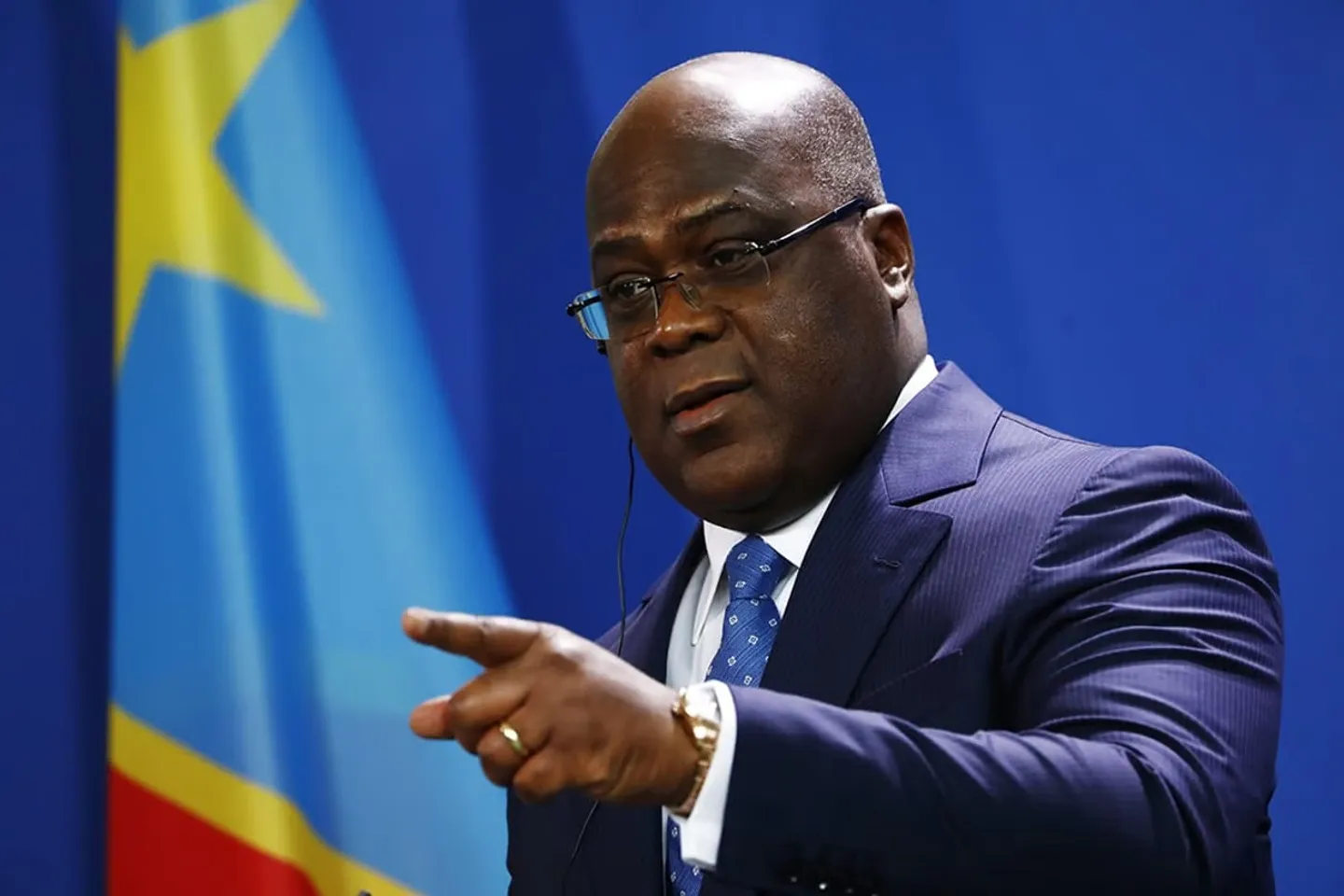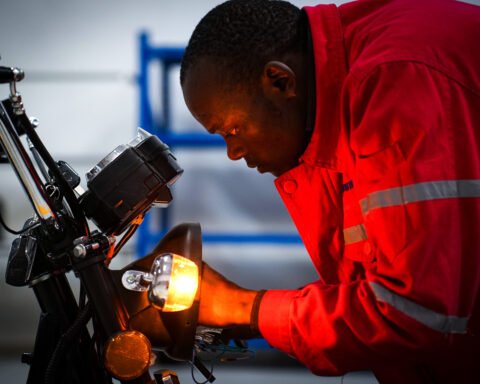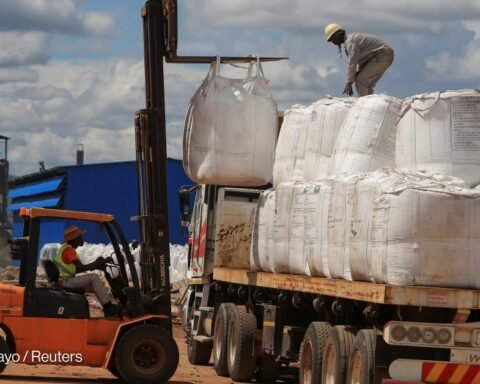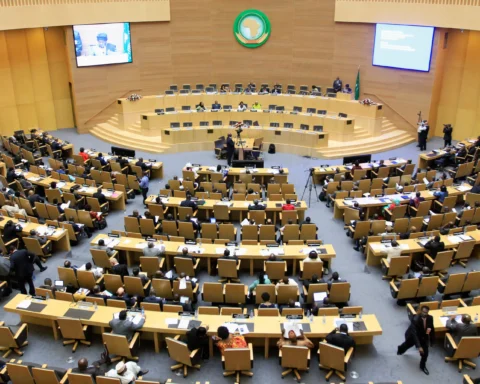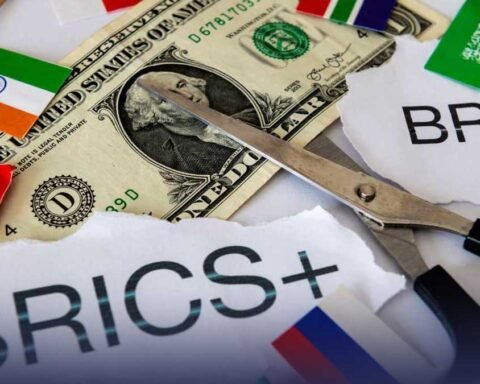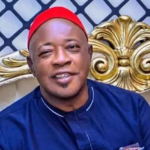The Democratic Republic of the Congo’s president, Félix Tshisekedi, has warned that the highly publicized peace agreement signed with Rwanda earlier this year has failed to stop fighting in his country’s troubled eastern provinces.
Speaking in New York, Tshisekedi said the deal, which was signed in June under U.S. mediation, has not translated into peace on the ground. He thanked former U.S. President Donald Trump for his role in encouraging dialogue, but insisted that the Congolese government will not compromise its sovereignty or auction off its vast mineral wealth in exchange for peace.
The agreement, often referred to as the Washington Accord, was designed to ease tensions between the two neighbors by calling for the withdrawal of Rwandan troops and the creation of new frameworks for economic cooperation, especially in the mining sector. But three months later, fighting continues, and many of the accord’s key provisions remain unfulfilled. Tshisekedi blamed the failure on what he described as Rwanda’s continued backing of the M23 rebellion, an allegation Kigali strongly denies.
The ongoing crisis is a painful reminder of the deep-rooted instability that has long plagued the DRC’s east, where armed groups compete for influence and control of valuable natural resources.
Also Read; Israel Eyes Peace Amid Hezbollah Conflict Developments
The region is rich in gold, coltan, and cobalt — minerals that power much of today’s technology — yet local communities remain among the poorest in the world. Analysts say this paradox continues to fuel grievances and mistrust, making peace agreements difficult to enforce.
Tshisekedi’s remarks also reflect a broader concern: that international mediation must go hand-in-hand with accountability on the ground. Without concrete steps — such as troop withdrawals, disarmament of rebels, and transparent economic cooperation — the promises of diplomacy are unlikely to deliver stability. For many in the DRC, the June deal had raised hopes that decades of conflict might finally begin to ease. Instead, the persistence of violence underscores just how fragile those hopes remain.
Regional observers note that the conflict is more than a local issue. The instability has displaced millions, strained humanitarian resources, and drawn in outside powers eager to secure influence in Central Africa. The stakes are high, not only for Kinshasa and Kigali but also for international actors who see the DRC as vital to global supply chains of critical minerals.

